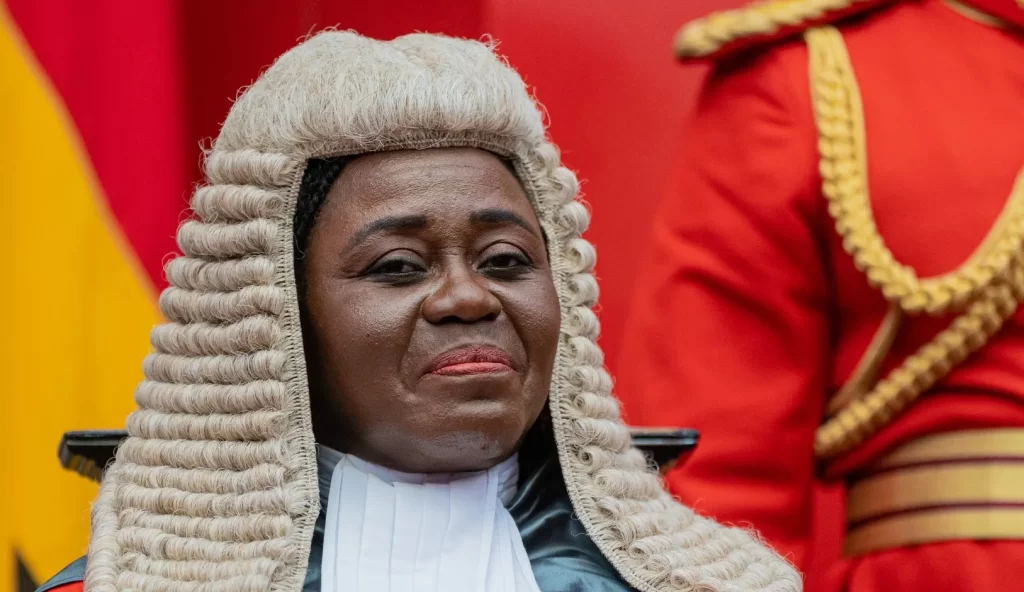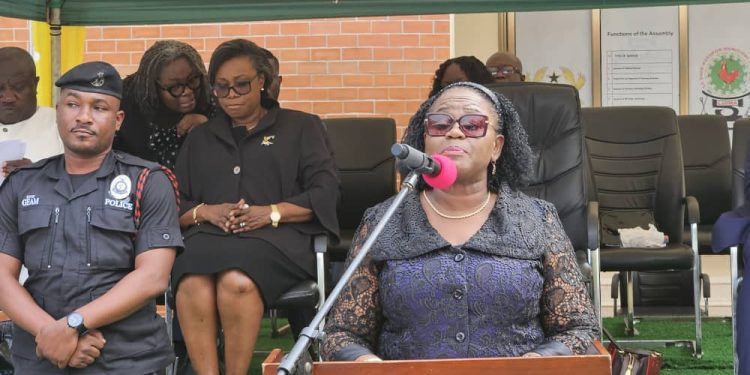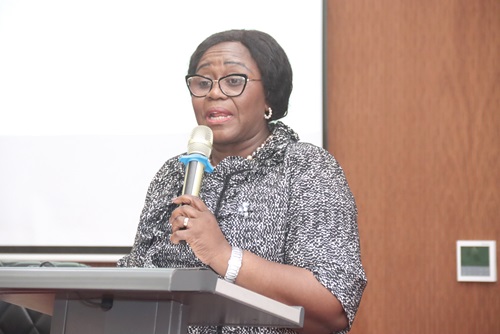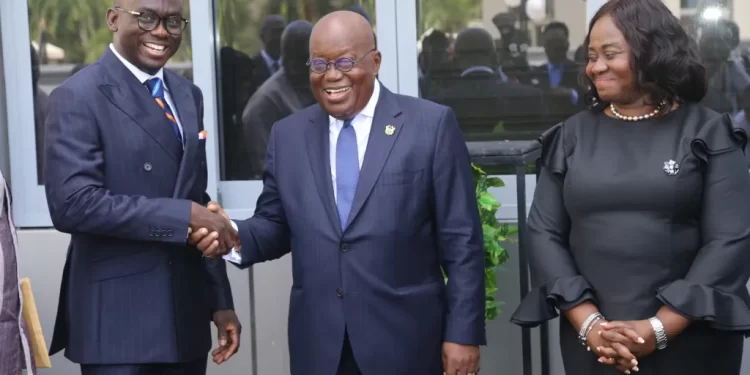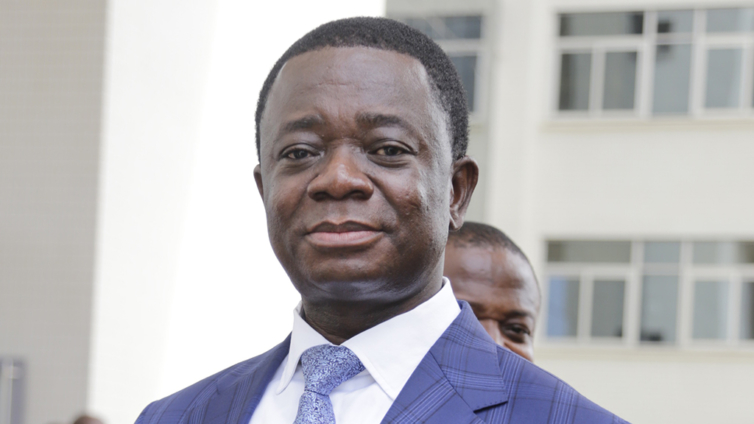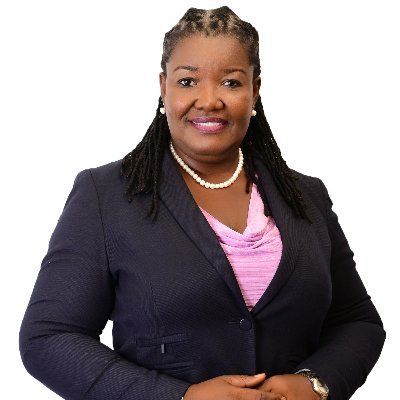CJ shuts down 7 courts over renewed Bawku conflict
The Chief Justice, Justice Gertrude Sackey Torkornoo, has ordered the closure of seven courts in the Upper East Region in the wake of escalating violence in the chieftaincy-related conflict in the area. The measure, the Chief Justice said, was to ensure the safety of judges, staff and court users. The affected courts are the High, […]
CJ shuts down 7 courts over renewed Bawku conflict Read More »

